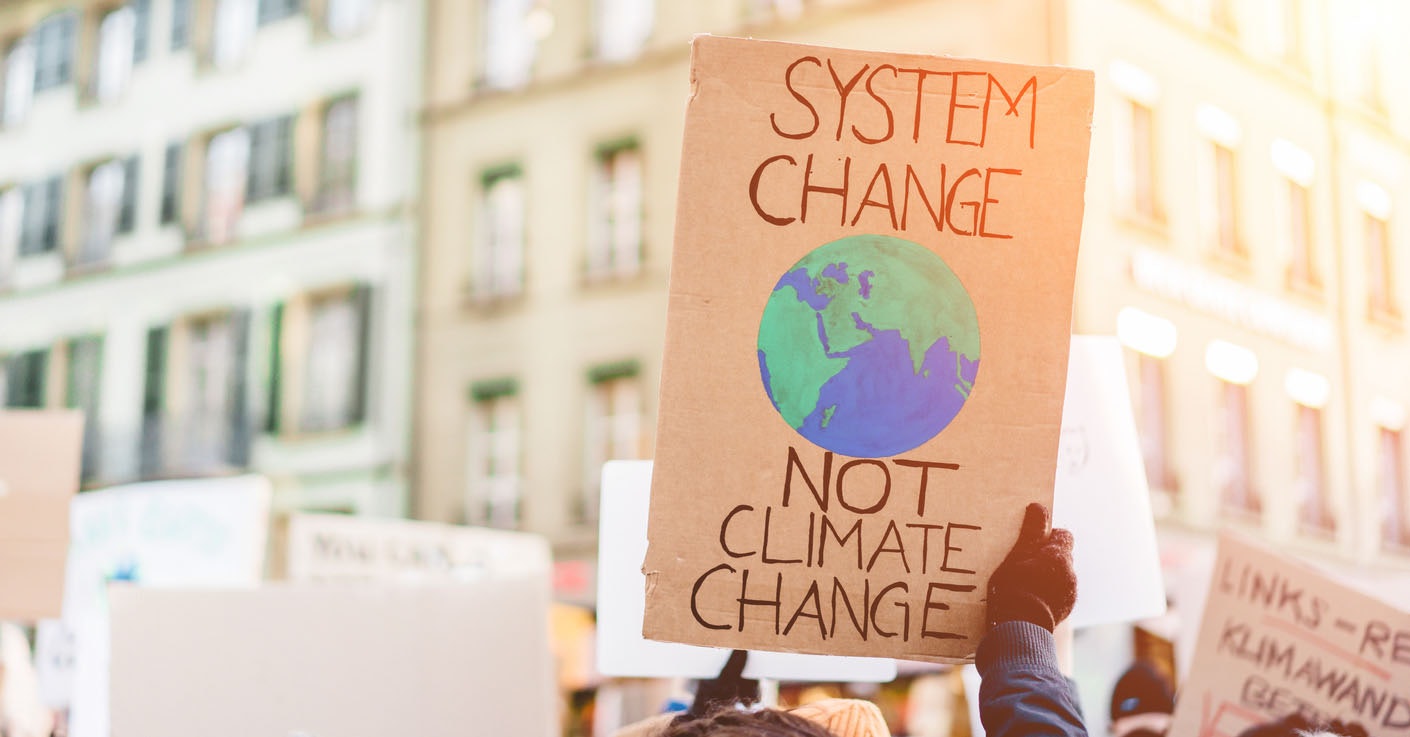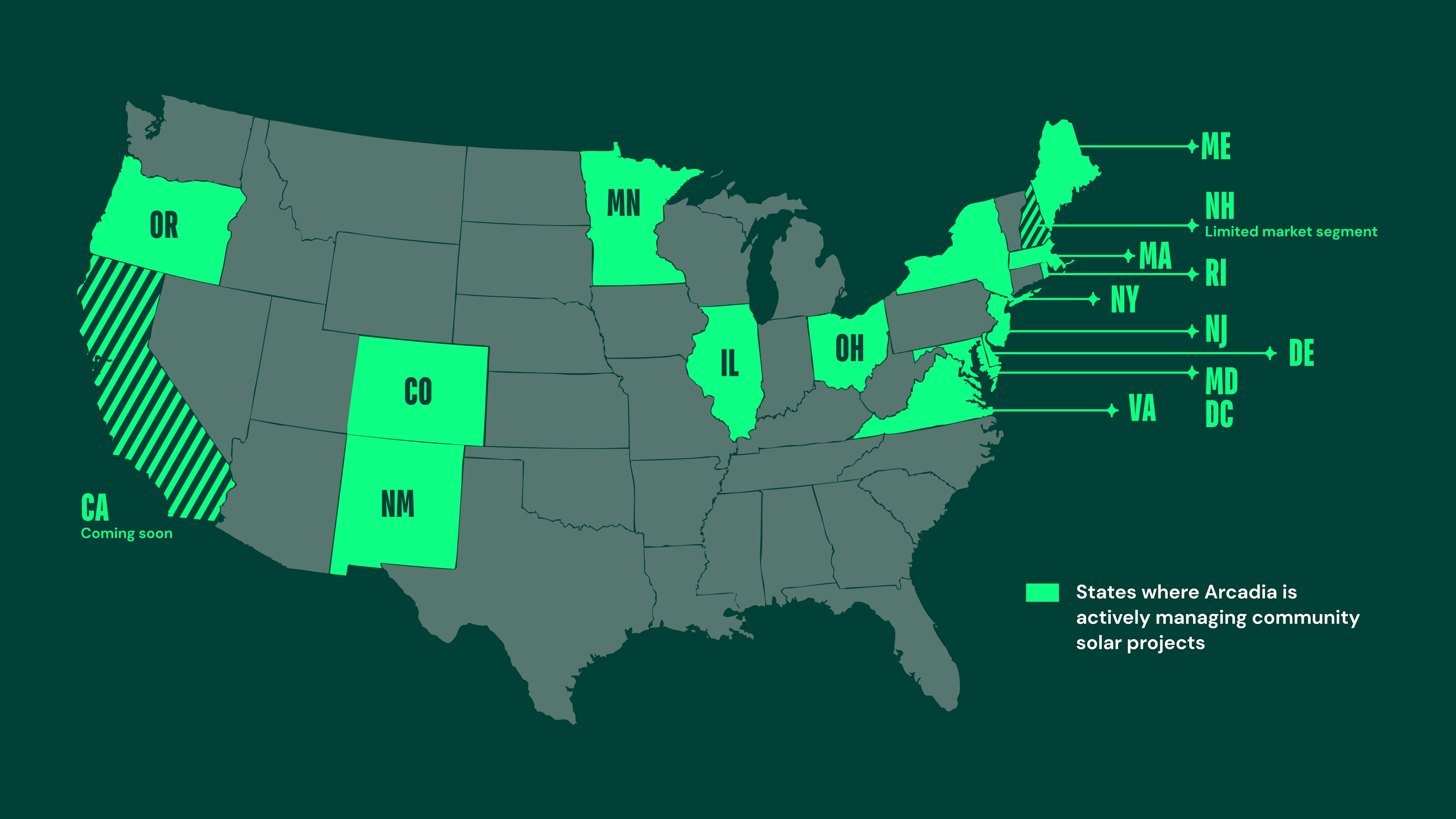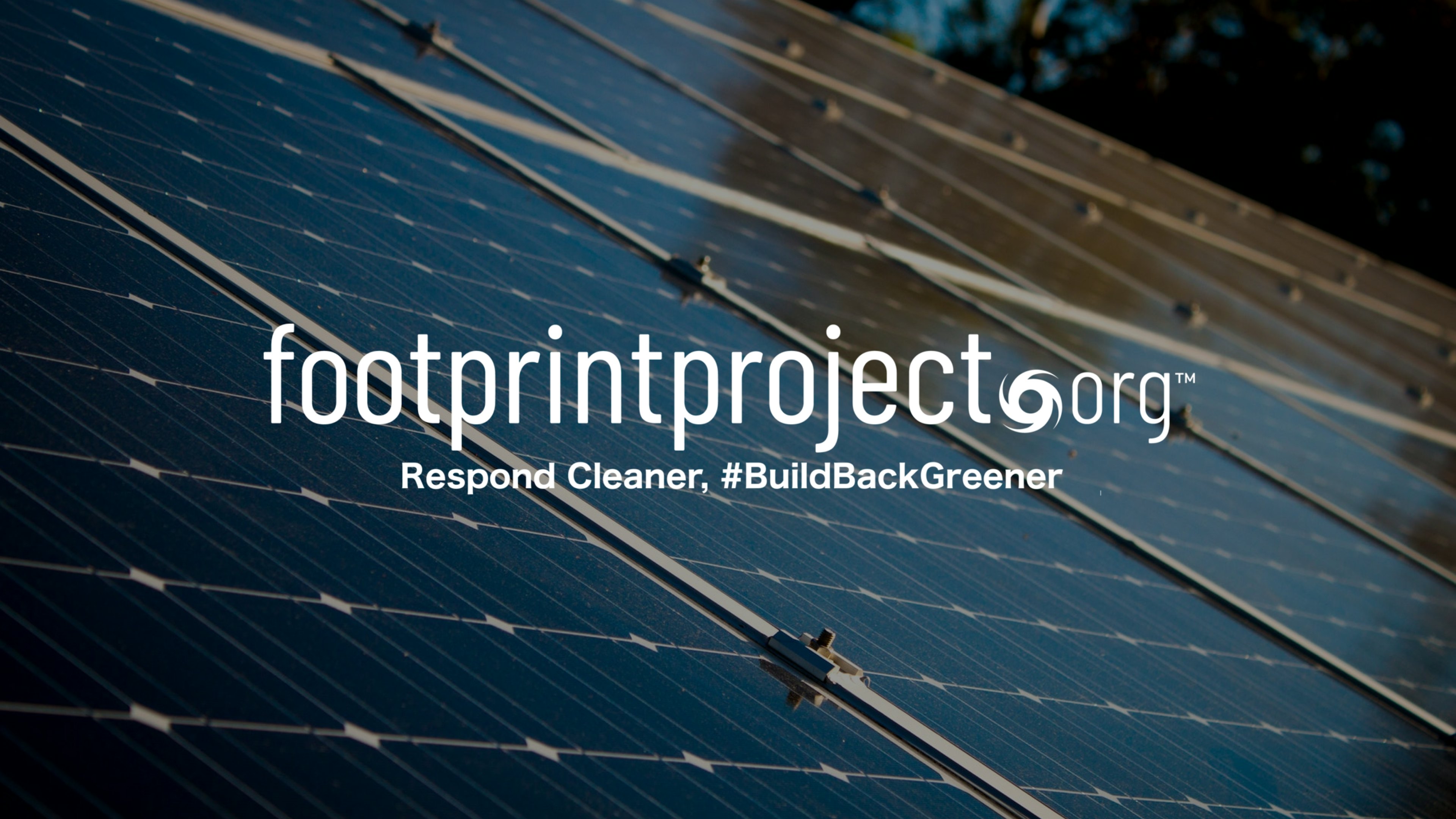Five climate justice activists of color you should know about

In just one year, Greta Thunberg has been catapulted into the media spotlight as the face of the global climate crisis. There is no doubt that the historic global climate strike was a critical moment for climate action, but too often the narrative around the environmental movement is reduced to just one person and one issue while leaving out the voices from the indigenous communities and communities of color that are disproportionately affected.
Greta's meteoric rise to attention is a stark reminder of the role race and privilege play in determining whose actions and outrage are validated and given global platforms.
We need to divert attention back to front-line leaders who are not only dealing with the devastating and immediate effects of climate change but who have also paved the way for this growing climate movement.
As a result, the fight to save our planet is inextricably linked to the fight for racial and economic justice. Now more than ever, we need to divert attention back to front-line leaders who are not only dealing with the devastating and immediate effects of climate change but who have also paved the way for this growing climate movement.
The list highlighted here is far from exhaustive but gives a small glimpse into the incredible young leaders and stories that you aren’t hearing about. Among their work, these leaders are calling for the protection of Indigenous lands, an end to environmental racism, and an end to fossil fuel use.
Originally from Uttarakhand, India, Ridhima, at just 9 years old filed her first lawsuit against the Indian government for failing to take action against climate change. In her suit, Ridhima called her government to assess industrial projects for climate-related issues, prepare a “carbon budget” to reduce CO2 emissions and to create a national climate change recovery plan. Today, she is among the 16 young activists to file a joint lawsuit against Germany, France, Brazil, Argentina, and Turkey for environmental destruction.
Xiuhtezcatl is a hip-hop artist and the youth director of Earth Guardians, a worldwide conservation organization that trains youth to be effective leaders in environmental, social, and climate justice movements around the globe.
Since the age of six, he has been fighting for climate protection and speaking about the effects of fossil fuels around the world, including at the UN Summit in Rio de Janeiro and UN General Assembly in New York. Currently, Xiuhtezcatl is one of 19 youth suing the US federal government for failing to protect the atmosphere for future generations to come.
Isra Hirsi (16)
Isra is the co-founder of the US Youth Climate Strike and the daughter of US Representative Ilhan Omar. Before her mother became a household name, Isra worked to bring an intersectional perspective to the green movement by moving the conversation about climate change to racial justice. In her activism, Isra highlights how the climate crisis disproportionately impacts the world’s most marginalized communities and the deep need to diversify the environmental movement.
Nina Gualinga is an indigenous woman and environmental activist who has spent her life working to protect the Ecuadorian Amazon. At the age of 18, she represented indigenous youth before the Inter-American Court of Human Rights, helping to win a landmark case against the Ecuadorian government for allowing drilling on indigenous lands. Today, Nina is an international advocate for indigenous rights and a fossil-fuel-free economy, earning her the WWF International President’s Youth Award.
Aneesa Khan is the executive coordinator of SustainUS, a youth-led organization working to advance justice and sustainability by empowering young people to engage in advocacy domestically and internationally.
As climate change worsens all inequalities, her advocacy work focuses on bringing light to communities in the global south who pay the highest cost for the effects of the climate crisis.
Born in India and raised in Oman, Aneesa experienced first-hand the devastating effects of oil drilling across two continents. In Oman, she saw how fossil fuel extraction was cheaper than providing communities clean drinking water. Back home in India, horrible droughts and floods devastated her family’s home on the country’s southern coast. As climate change worsens all inequalities, her advocacy work focuses on bringing light to communities in the global south who pay the highest cost for the effects of the climate crisis.
Instead of leaving the Global Climate Strike to yesterday’s news, we can all continue building upon the momentum and inspiration that stemmed from uniting across borders and cultures in one common goal for the planet. In addition to making the switch to clean energy and making more sustainable daily choices, we can all work to expand the focal points of the climate strike by redirecting attention to leaders who are building intersectional movements for climate justice at the front-lines.


